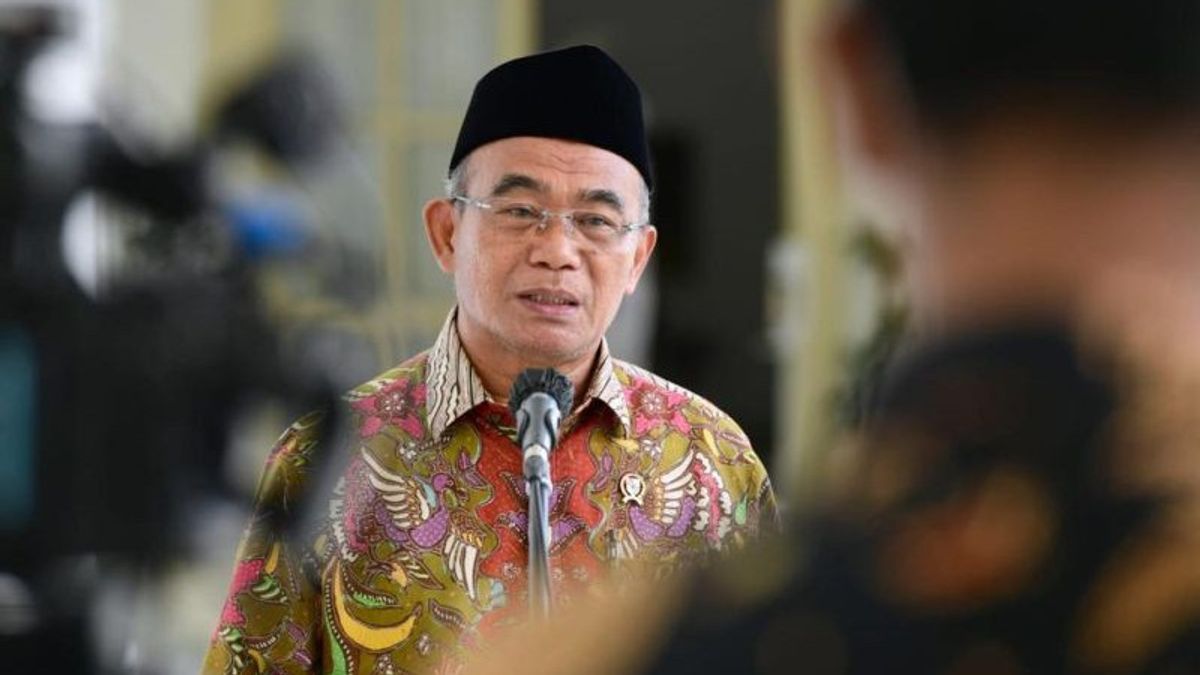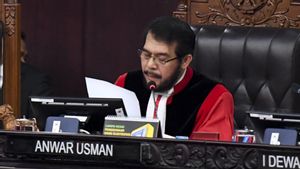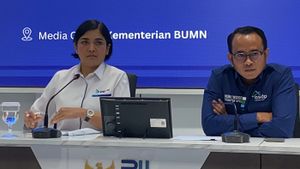JAKARTA - Coordinating Minister for Human Development and Culture (Menko PMK) Muhadjir Effendy ensured that all costs for hospital treatment for pediatric patients with symptoms of ichterus (yellow) and hepatitis were borne by BPJS Health.
"In a normal situation like today, patients with clinical symptoms of ichterus and hepatitis can be covered by BPJS Kesehatan," said Muhadjir Effendy, quoted from ANTARA in Jakarta, Sunday, May 8.
Muhadjir said that for optimal service to hepatitis patients and jaundice, they were immediately referred to a type A hospital facility. Previously, the Indonesian Pediatrician Association (IDAI) stated that there were a number of symptoms of acute hepatitis with severe symptoms for which the cause was unknown.
The public is reminded that yellow symptoms in the eye and body area and the condition of the patient being unconscious are symptoms that arise when hepatitis is severe.
Muhadjir, who is also a former Minister of Education and Culture, said that babies born with jaundice are not necessarily hepatitis, because jaundice in babies can occur physiologically (ichterus neonatorum) or pathologically which needs to be checked by a doctor.
He said the government had appointed the Sulianti Saroso Infectious Disease Hospital (RSPI) Jakarta as a referral hospital for pediatric patients with severe acute hepatitis symptoms whose cause was unknown.
"If there is an escalation of the situation, then it is declared as a certain condition, an extraordinary event or an outbreak or a non-natural disaster emergency, the government can cover the cost of treatment," he said.
Confirmed separately, Spokesperson for the Indonesian Ministry of Health, Siti Nadia Tarmizi, said that the government will bear the cost of the whole genome sequencing (WGS) laboratory check for pediatric patients with severe symptoms of acute hepatitis.
"The government is responsible for WGS, if it is related to other hepatitis tests, it is in accordance with the existing health financing mechanism," he said.
Nadia added that until now the hepatitis disease that attacks children under 16 years old has not experienced an increase in the number of cases in Indonesia.
A total of three pediatric patients in Jakarta who were reported to have died were suspected to be related to mysterious hepatitis. Until now, the possibility of having hepatitis D or E is still being checked.
In the past week, the Ministry of Health reported that there were three to four cases of suspected mysterious hepatitis in children in Indonesia which were still being investigated.
"There have been no additional cases. Suspected or probable in a number of areas are case reports with yellow syndrome," he said.
The English, Chinese, Japanese, Arabic, and French versions are automatically generated by the AI. So there may still be inaccuracies in translating, please always see Indonesian as our main language. (system supported by DigitalSiber.id)













